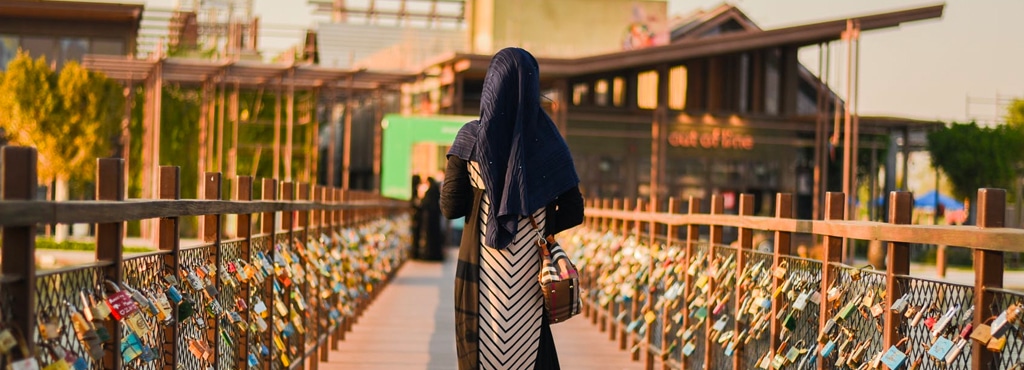Parental responsibility is a fairly new concept and was introduced by the Children Act 1989. It means the duties, power, responsibility and legal right for a child or a child property as per S.3 of the Children’s Act. This also means that you can make decisions on behalf of a child especially when it comes to their upbringing and care.
Do you have parental responsibility?
A woman who gives birth to child automatically has parental responsibility for that child and it does not matter what her marital status is. However, it is not automatically granted to a father.
Parental Responsibility is automatically granted to a father when:
- He is married to the mother or marries the mother following the birth of the child
- He is named on the birth certificate.
With regards to the above parental responsibility does not cease if you are to divorce.
Acquiring parental responsibility
If as a father you are not named on the birth certificate, you will not have parental responsibility for that child. You can however obtain it in the following ways:
- If you jointly registering the birth of the child with the mother you will have obtain responsibility.
- If you have signed a parental responsibility agreement with the mother. This will need to be signed and witnessed by your local County Court
- You can obtain an order from a court this will only be necessary if you cannot reach an agreement with the mother. A court fee of £215 is also payable.
Parental responsibility for others
Parental responsibility can be granted to non-natural parents under the provision of the Children Act, the following people can gain responsibility for a child.
- Guardians
- People with Special Guardianship Order
- Step-Parents
- Local Authorities
- Adopters
Does parental responsibility end?
Parental Responsibility ceases when a child reaches the age of 18 years old. If there is an agreement between the mother and father in relation to responsibility, this can be discharged by the Court. The Court will of course consider the child when doing so as the welfare of a child is paramount.



